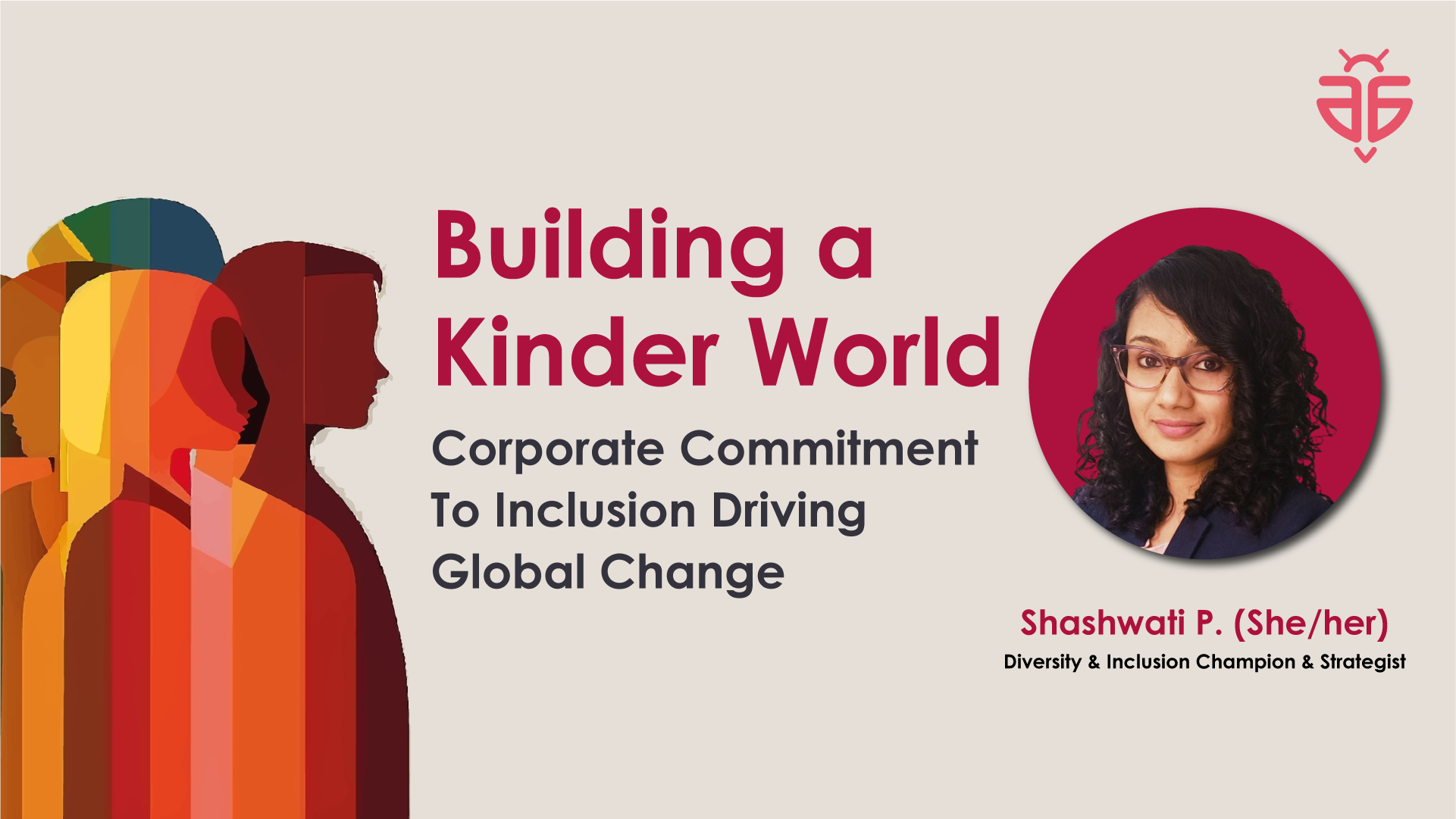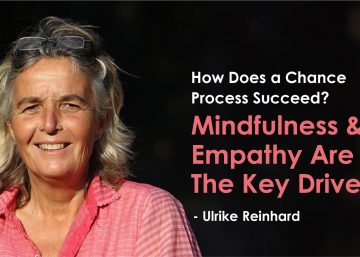Corporations worldwide are increasingly recognizing that fostering a culture of diversity and inclusion is not just a social responsibility but a strategic imperative. This commitment is driving substantial global change, fostering environments where every individual is valued, and contributing to a more equitable and most importantly a kinder world.
Diversity and Inclusion, D&I, have moved from being mere buzzwords to fundamental components of successful business strategies for most companies. Leading corporations are implementing comprehensive initiatives to promote D&I within and beyond their organizations.
Here are several strategies to ensure more inclusivity in corporate environments:
- Leadership Commitment and Accountability
The journey towards inclusivity starts at the top. Leaders must demonstrate a genuine commitment to diversity and inclusion (D&I) by integrating these values into the company’s mission and strategy. This involves setting clear, measurable goals for diversity and regularly reviewing progress. For instance, tying executive bonuses to the achievement of D&I targets can create a strong incentive for leaders to prioritize these initiatives. Transparency is also crucial; leaders should regularly communicate their commitment and the company’s progress to all employees.
- Diverse Recruitment Practices
Creating a more inclusive workplace begins with diverse hiring practices. Companies should ensure their recruitment processes are free from biases that can disadvantage underrepresented groups. This can be achieved by:
- Expanding talent pools: Partnering with diverse organizations, attending minority career fairs, and leveraging diverse job boards.
- Blind recruitment: Removing personal information such as names and addresses from resumes to mitigate unconscious bias.
- Structured interviews: Using standardized questions and scoring to ensure candidates are evaluated based on their abilities and experiences rather than subjective impressions.
- Inclusive Workplace Policies
Inclusive policies create a supportive environment for all employees. Key policies include:
- Anti-discrimination and harassment policies: Establishing clear guidelines and procedures to handle discrimination and harassment complaints effectively.
- Comprehensive benefits: Providing health insurance, parental leave, and mental health support that cater to diverse employees.
- Education and Training
Ongoing education and training are crucial for fostering an inclusive culture. This includes:
- Diversity training: Educating employees about unconscious bias, cultural competence, and the importance of inclusivity.
- Leadership development programs: Preparing leaders to manage diverse teams effectively and to champion inclusivity.
- Mentorship and sponsorship: Providing mentorship opportunities for underrepresented groups to support their career advancement.
- Creating Safe Spaces
Safe spaces are vital for employees to express themselves and share their experiences without fear of judgment or retaliation. This can be facilitated by:
- Employee Resource Groups (ERGs): Supporting ERGs that provide networks for women, LGBTQ+ employees, other underrepresented groups.
- Open communication channels: Encouraging open dialogue through town halls, feedback forums, and anonymous suggestion boxes.
- Inclusive Decision-Making
Inclusion should extend to decision-making processes. Diverse perspectives can lead to better, more innovative solutions. This involves:
Diverse leadership: Ensuring diverse representation at all levels of the organization, particularly in leadership roles.
Inclusive meetings: Creating meeting practices that allow all voices to be heard, such as rotating who leads meetings and ensuring all participants have an opportunity to contribute.
- Measuring and Reporting Progress
To ensure ongoing progress, companies need to track and report their diversity and inclusion efforts. This includes:
- Regular surveys: Conducting employee surveys to gauge the inclusivity of the workplace and identify areas for improvement.
- Diversity metrics: Tracking diversity metrics such as hiring, retention, and promotion rates of underrepresented groups.
A multifaceted approach that integrates inclusive practices into every aspect of the organization. Committing to these strategies, corporate organizations can drive meaningful change, fostering not only business success but also contributing to a more equitable and kinder world.
aidbees is striving every day to see a kinder world. On their platform, the company is offering a one-stop solution for “kindness,” which is definitely the need of the hour. Beginning to do one kind act every day will inculcate kindness within our hearts naturally, and we can be looking to do that through aidbees. Come join them in the journey of making a kinder world!
Click here to read more stories of change, awareness, inspiration and practising kindness!
aidbees works with 75+ NGOs across 10+ themes including environment, education, health, empowerment, etc. You can support them and join us in spreading the Kindness Revolution. Click here to explore more!
About The Guest Author: Shashwati P is an Award Winning D & I Champion and LinkedIn Top Voice for Diversity. A recipient of the Helen- Keller Award, her areas of focus are disability inclusion at workplace, LGBTQIA+ inclusion, diversity training and sensitisation and workshops etc. She is currently leading Diversity and Inclusion Efforts at Hindustan Coca Cola Beverages Ltd. and continues to shine with her efforts







